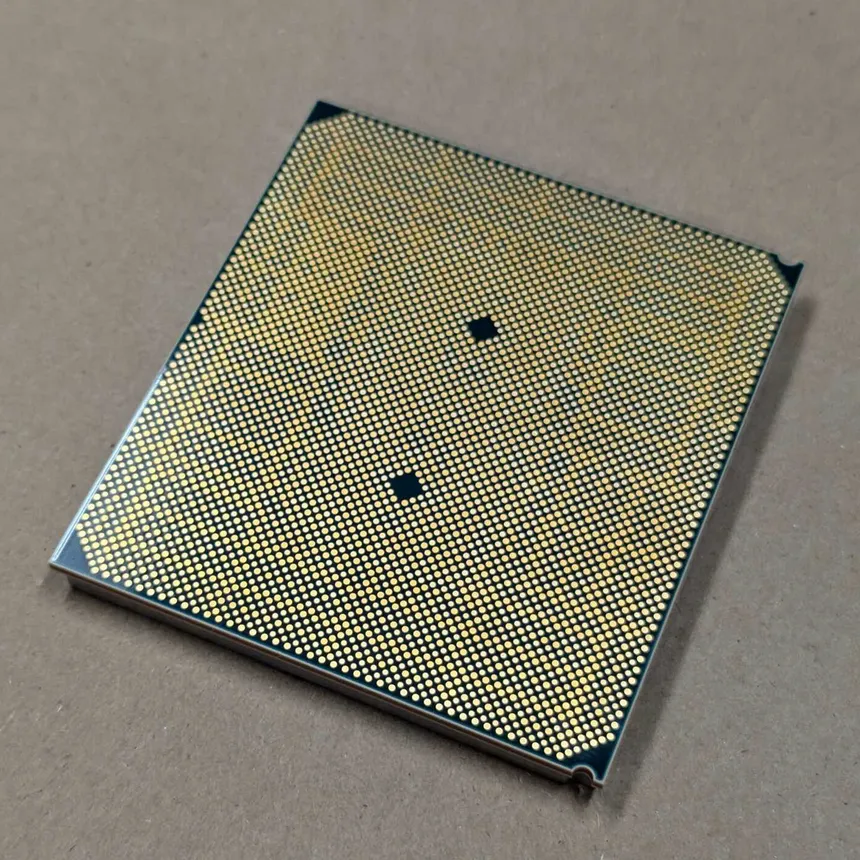Dive Brief:
- IBM unveiled two mainframe silicon enhancements to expand on-prem and hybrid cloud AI capabilities Monday. The company will roll out the Telum II chip and Spyre Accelerator to IBM Z and LinuxOne clients in 2025, according to the announcement.
- The second-generation Telum II chip has a larger data processing unit and increased memory and cache capacity compared to the Telum chip introduced with the z16 product line in 2022, the company said. The Spyre Accelerator will be offered as an add-on to enhance on-prem AI inferencing and model fine-tuning, according to IBM.
- IBM engineers designed the chip duo to jointly enable AI use cases that run multiple models in tandem, the company said in the announcement. “The compute power of each accelerator is expected to be improved by 4x, reaching 24 trillion operations per second,” IBM said in a Monday blog post.
Dive Insight:
As generative AI applications pile up, large language model compute requirements have put CIOs in a data-security bind.
In search of a more secure computing environment than public cloud, enterprises intent on tuning and inferencing LLMs on-prem are testing mainframe capacity limitations.
Mainframe processor upgrades are part of IBM's broader hybrid cloud strategy, which extends to AI deployments. The company has bet on enterprises favoring a mix of mainframe and hyperscaler infrastructure to reduce generative AI adoption risk.

“Hybrid cloud remains a top priority for clients as flexibility of deployment of AI models across multiple environments and data sovereignty remain a key focus,” IBM Chairman and CEO Arvind Krishna said during the company’s Q2 earnings call in July.
The company saw its mainframe revenues grow 6% year over year, driven by the success of the z16 model, according to SVP and CFO James Kavanaugh.
“We're now more than two years into the z16 cycle and the revenue performance continues to outperform prior cycles,” Kavanaugh said during the earnings call. “Our clients are facing increasing demands for workloads given rapid business expansion, the complex regulatory environment and increasing cybersecurity threats and attacks.”
The company plans to embed the Telum II chip, which Samsung Foundry is manufacturing, in the next generation of IBM Z mainframes and IBM LinuxONE platforms, according to the announcement.














